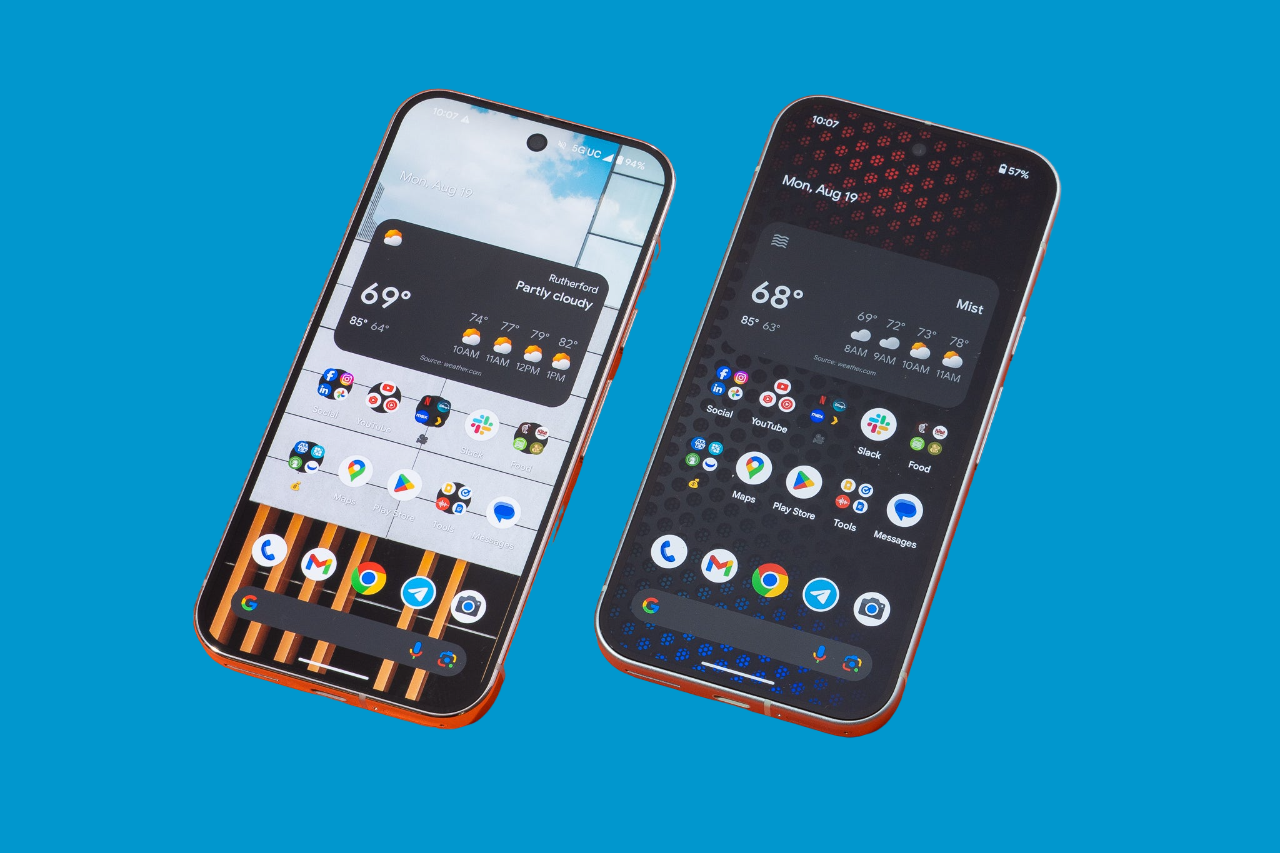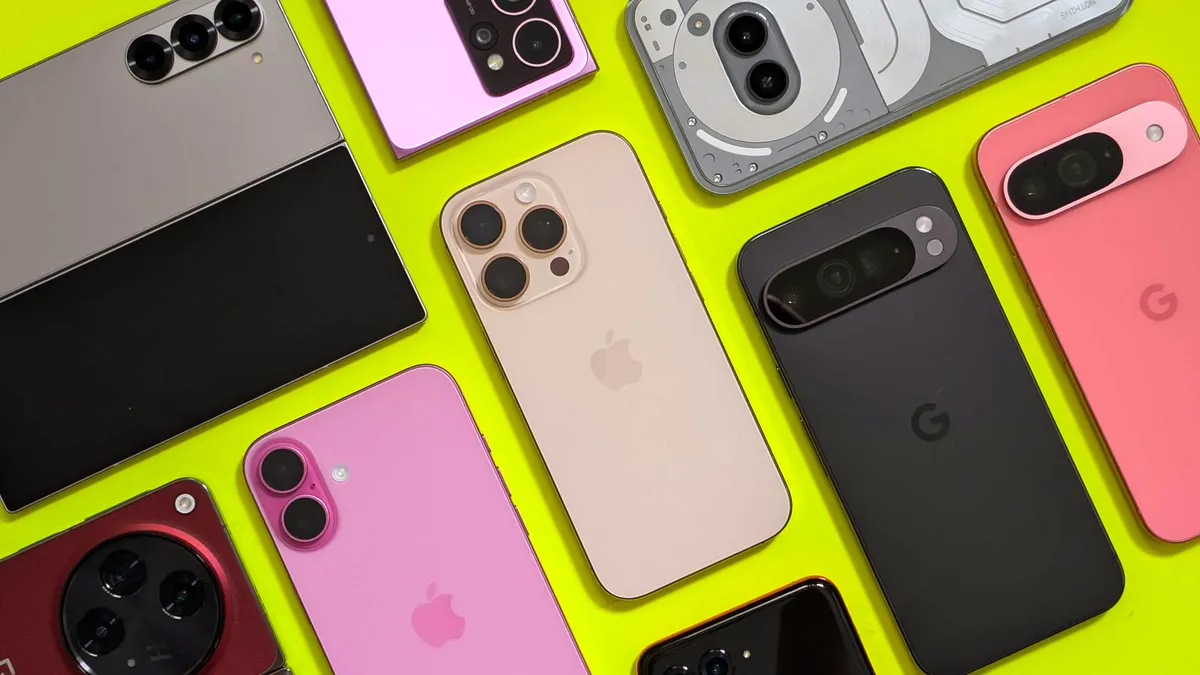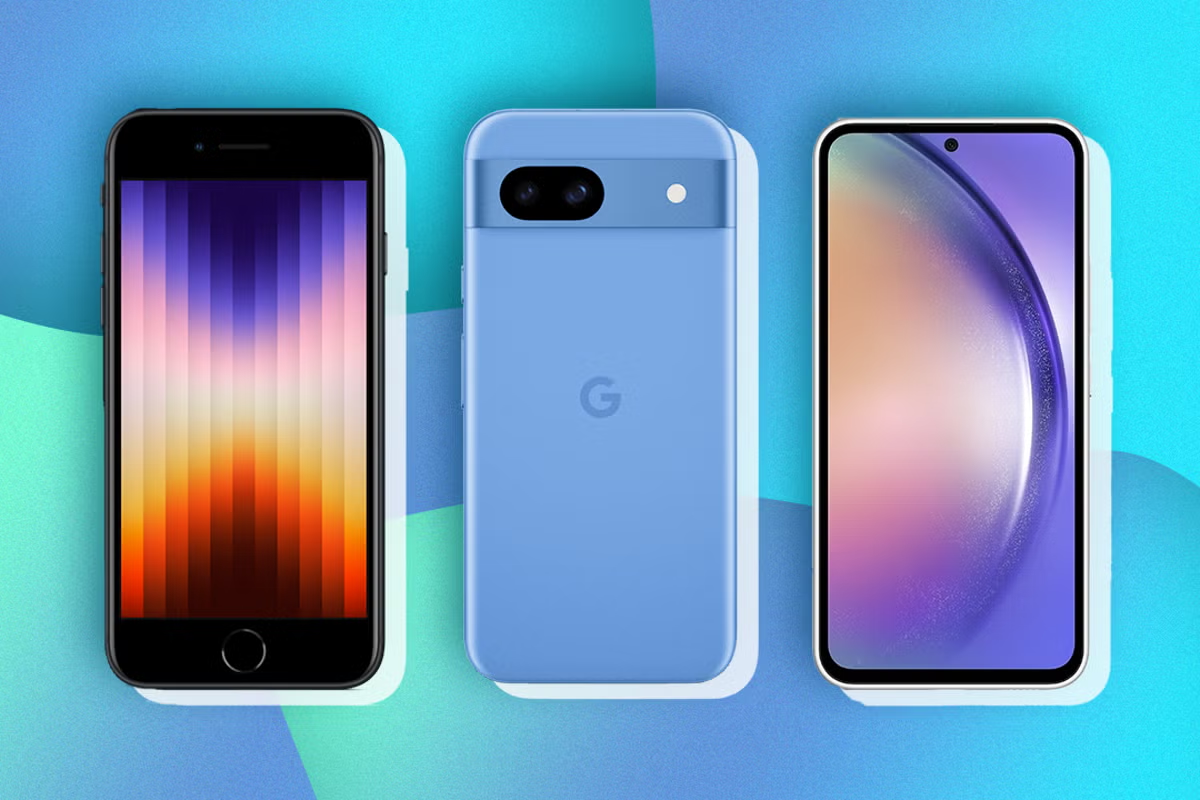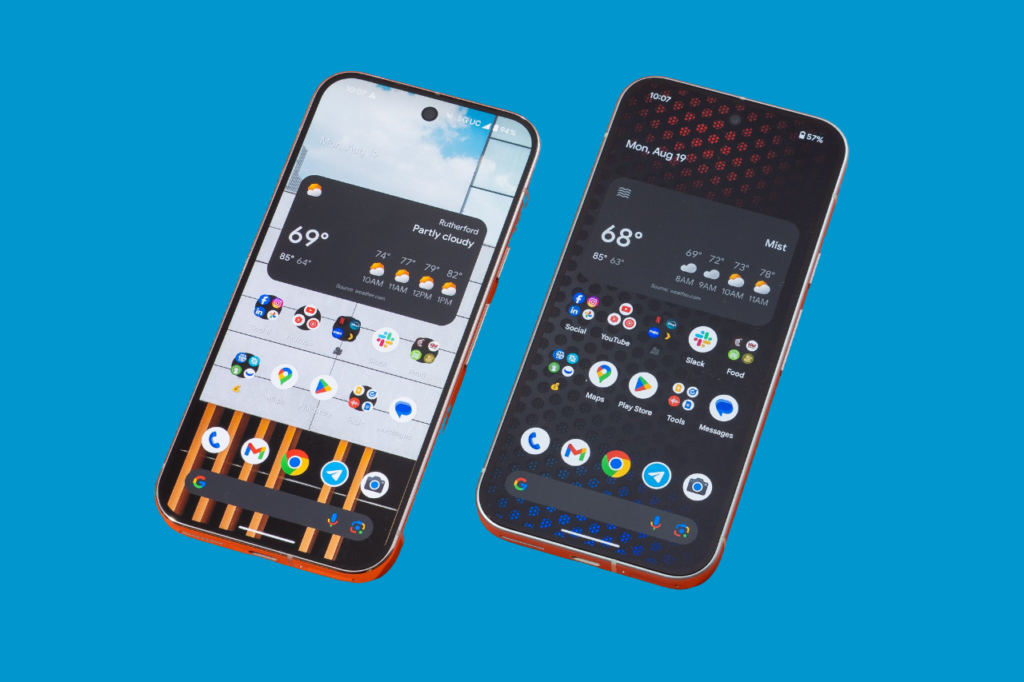
When it comes to choosing a phone in 2024, it’s not just about battery life or camera quality. For many of us, cloud storage is increasingly essential. With the amount of media we’re storing, having a built-in cloud solution can save both time and stress—no more racing against the clock to delete photos or figuring out where to store those 4K videos. I’ve personally seen friends struggle with limited storage, with one even deleting cherished memories on the fly to make room. But the good news? Some phones offer significant free cloud storage options, making data backup smooth and affordable.
Over the years, cloud integration has become a critical feature for phones, and with rising storage demands, manufacturers are stepping up. Some models come bundled with generous cloud storage deals, meaning you get extra space for photos, videos, and documents without digging deeper into your wallet. I find that incredibly convenient, especially when looking to back up files automatically, giving me peace of mind when switching between devices. In this article, I’ll cover my top recommendations for phones with free cloud storage options that stand out in 2024, along with benefits, features, and a few things I didn’t love.
Best Phones in 2024 with Free Cloud Storage Deals
Apple iPhone 15 Pro
The iPhone 15 Pro stands out as a powerhouse for its photo and video capabilities, and thankfully, Apple offers a bit of extra iCloud storage as part of the package. iCloud has been a reliable cloud option for Apple users for years, and while Apple only gives 5GB for free by default, there are trial offers and short-term bundles on certain models that allow more storage. With the iPhone 15 Pro, some carriers even offer a year of additional iCloud storage.
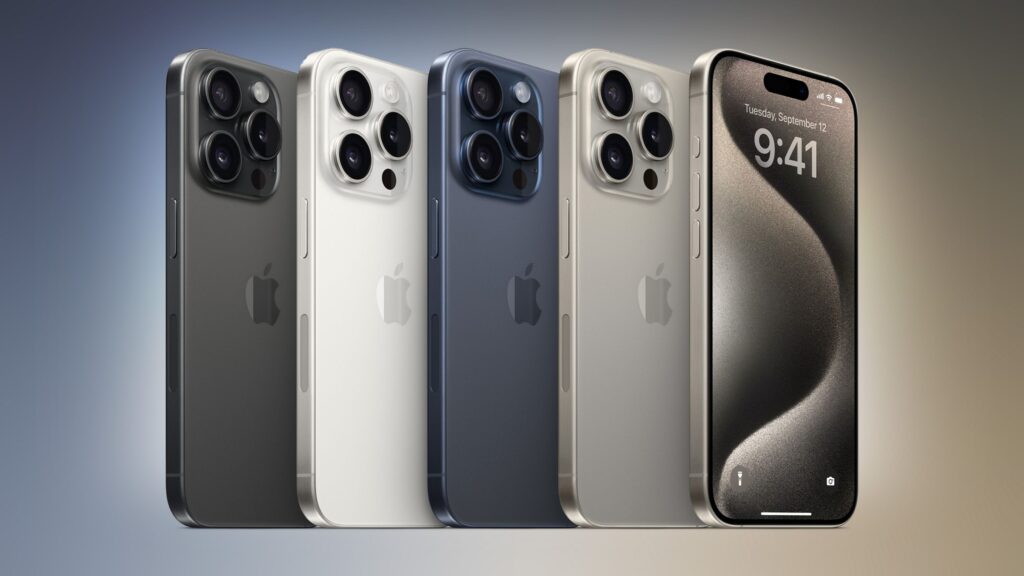
Benefits of iPhone Cloud Storage:
- Seamless Integration: iCloud syncs effortlessly with all Apple devices, so your photos, messages, and apps update automatically. I love this feature because it feels like everything is right where you left it, whether you’re on your iPhone, iPad, or Mac.
- Enhanced Privacy: Apple is known for its privacy measures. All cloud data is encrypted, which adds a level of security I appreciate, especially with so much sensitive information stored online.
Drawbacks:
I wish Apple would offer more free storage outright. While 5GB is better than nothing, it fills up fast, especially with today’s high-resolution images and videos. Some people I know have had to either upgrade storage plans or clear out files regularly, which isn’t ideal.
Google Pixel 8 Pro
The Pixel 8 Pro is another 2024 model that’s making waves, especially for those who love photography. What makes Google phones shine is their deep integration with Google Photos. Here’s where Google has really nailed it: you get unlimited photo storage in high-quality resolution for photos and videos.
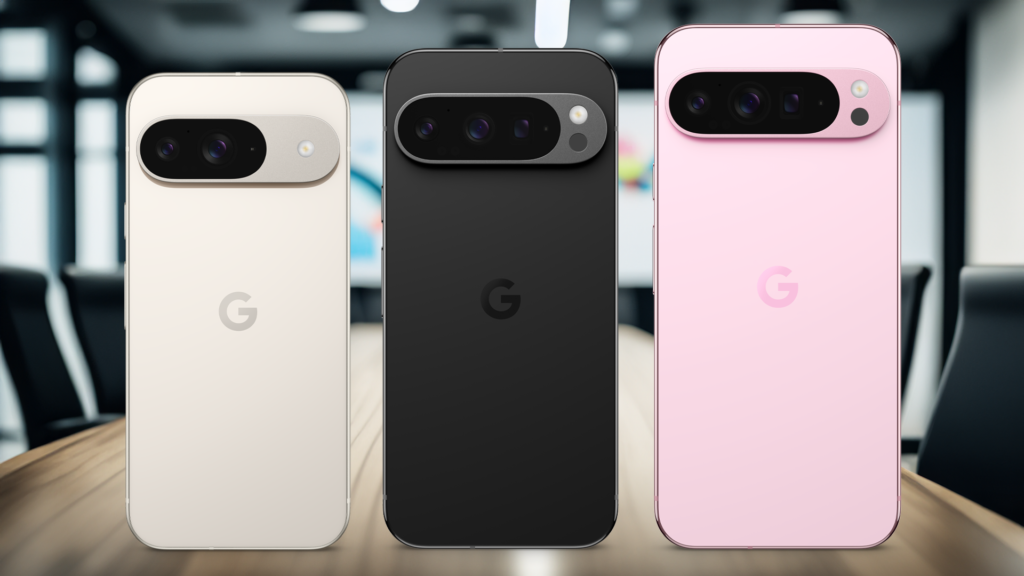
Key Benefits:
- Unlimited High-Quality Storage: This feature alone has won many Pixel users over. I’ve even considered switching to a Pixel myself purely for this convenience. It means you don’t have to think twice about snapping that extra photo or recording a long video.
- Cross-Platform Access: Google Photos works on any device, not just Pixels, so you can access your photos anytime, anywhere, with a simple Google login.
Drawbacks:
Google limits the unlimited storage to “high-quality” compressed files rather than original files. While this is great for most users, it’s worth noting for anyone who prioritizes absolute image quality.
Samsung Galaxy S24 Ultra
Samsung’s Galaxy S24 Ultra is not only known for its stunning display and robust camera but also for its strong cloud storage options. With Samsung Cloud, Galaxy users get access to a few handy backup options. Samsung offers up to 15GB of free Samsung Cloud storage, along with the ability to back up key data like your contacts, calendar, and apps.
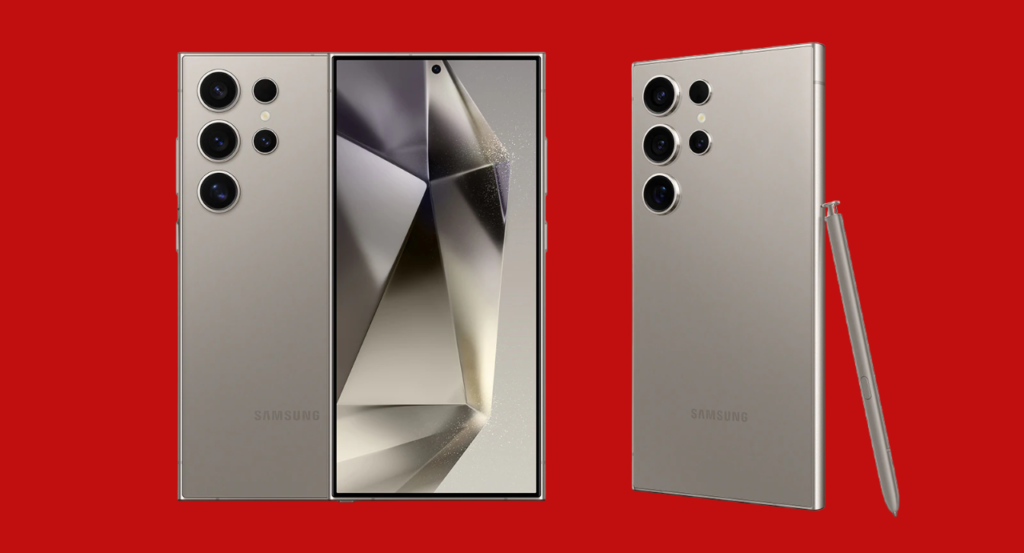
Advantages of Samsung Cloud:
- Integrated Storage Options: Samsung’s cloud services allow easy backups for phone data, including messages and app data, making it ideal for users like me who want to be able to restore everything as it was if a phone gets lost or replaced.
- OneDrive Integration: Samsung has partnered with Microsoft, so users also have seamless integration with OneDrive, where Samsung users often get bonus storage deals.
Things to Consider:
Samsung Cloud’s free storage doesn’t always include photos or videos, so some users end up shifting to Google Photos. Plus, if you’re big into using Samsung-exclusive features, you’ll need to keep track of which files are backed up where, which can be a minor hassle.
Xiaomi Mi 13 Pro
Xiaomi offers some impressive cloud storage perks for an affordable price, which makes the Mi 13 Pro particularly attractive. Xiaomi’s Mi Cloud comes with 5GB of free storage initially, but certain purchases unlock extended storage periods and more space, often with discounts.

Top Features of Mi Cloud:
- Affordable Storage Expansion: Xiaomi offers additional Mi Cloud storage at reasonable prices. So, for people like me who need a bit more than the free tier but don’t want to break the bank, Xiaomi provides great options.
- Automatic Backups: Mi Cloud offers scheduled backups for your contacts, photos, and messages, which is ideal for users who like things running on autopilot.
Cons:
Some users, especially outside of Asia, may find Mi Cloud slightly less user-friendly or not as intuitive as Google or iCloud. Also, if you’re switching between phone brands, retrieving Mi Cloud data can be a bit trickier than with other systems.
OnePlus 12
The OnePlus 12 is another contender that has upped its cloud game in 2024. With this phone, you get access to OnePlus Cloud, offering free storage for a range of items like photos, videos, and documents.
Pros of OnePlus Cloud:
- Optimized for OnePlus Ecosystem: If you’re a OnePlus fan, their cloud backup seamlessly syncs across devices, which makes it easy for things like restoring your data or transferring between phones.
- Secure Backup Options: OnePlus takes privacy seriously, and their cloud storage includes data encryption, which is always a plus.
Downsides:
OnePlus Cloud doesn’t come with as much free storage as some competitors, and the options for expanding free storage without paying are fairly limited.
Choosing the Best Cloud Backup Phone for Your Needs
Each phone brings something unique to the table regarding cloud storage, and while free space is always welcome, you also need to consider factors like photo quality, app support, and ease of use. I’d suggest starting by identifying your primary storage needs—whether it’s photos, videos, or essential files—and then weighing that against how the storage works within each phone’s ecosystem. If you’re someone who values cross-platform functionality, then Google’s offerings might work best. On the other hand, those fully invested in Apple’s ecosystem will find iCloud hard to beat despite its storage limits.

